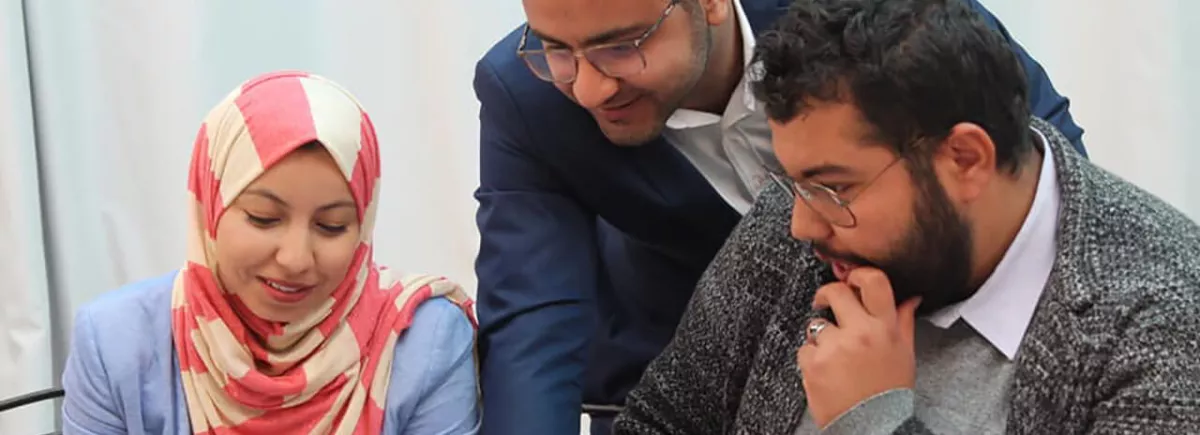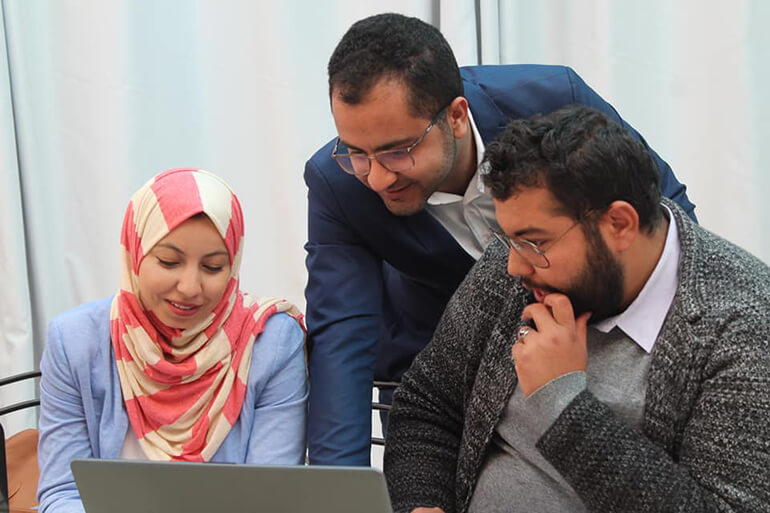
How do we promote equal gender rights in Morocco?
Related project
Echoes of women’s voicesIn order to guide the field activities of the AIC (Citizens' Initiatives Association [Association d'Initiatives Citoyennes]), FMAS (Alternatives Forum in Morocco [Forum des Alternatives]) commissioned Regiminis to carry out an assessment of the obstacles to equal access to rights in the Marrakech-Safi region.
The assessment, carried out on 16 October this year, is based on field work involving eight focus groups with representatives of civil society and those working for gender equality. These focus groups were organised in eight provinces or prefectures of the region to identify the specific characteristics of each area, ahead of organising a gender workshop in February 2020.
One hundred people were interviewed (men, women, female leaders, elected officials and executives). In all categories, changing people's attitudes is the main pathway towards greater equality. The testimonies collected show the crucial role of stereotypes for women in the region right now. Maintaining the status quo allows these clichés to circulate, which in turn limits reform.
These stereotypes are perpetuated by family, the media and also schools. They are all the more detrimental because they are upheld by people who are supposed to protect individuals and human rights, such as judges or the police. However, these are trades with little female representation.

Recommendations to reduce barriers
The results of this study allow us to formulate several recommendations and measures to reduce barriers to equal access to rights at regional level:
- implement an integration strategy for women most at risk of unemployment.
- develop infrastructure and services in remote rural areas, where women are deprived of multiple rights.
- provide financial, technical and scientific support to economic, women's and solidarity-based structures, particularly in rural areas.
- create a network of women's associations with a particular interest in equality issues.
- create 8 to 10 listening and care centres for female victims of violence, with essential services.
- launch a partnership with law and arts faculties, with the creation of master's degrees and support for research projects in the field of human and gender rights.
- organise awareness days in public places (schools, universities, public squares, weekly souks) to help change attitudes.


